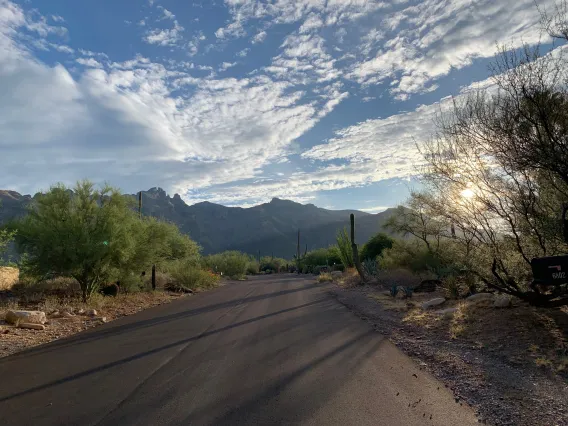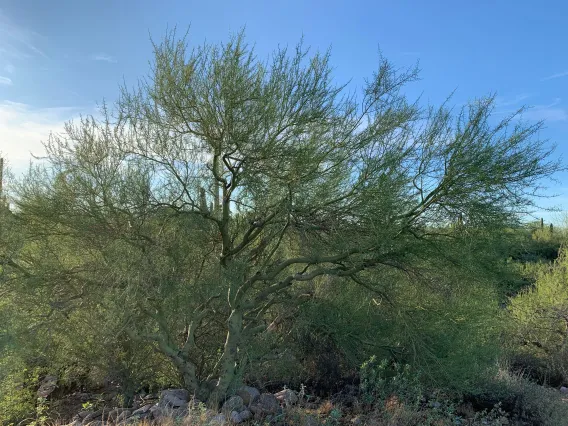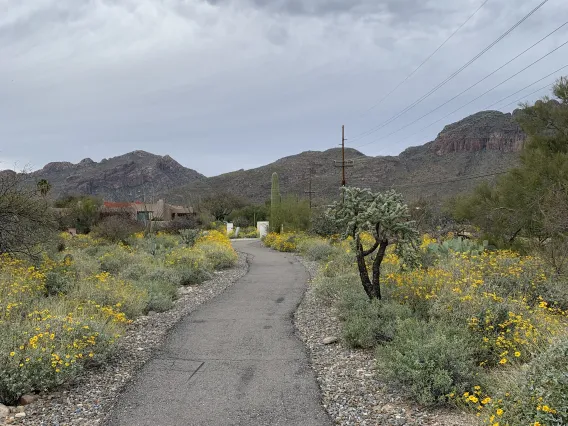Welcome to Arizona Climate & Health
Learn, Connect, Engage

Learn
Learn about the effects of climate on health and understand the basic science behind the symptoms and signs, and how to recognize them. Explore the clinical and public health effects of higher temperatures. What does life-threatening heat stroke look like? Why are high temperatures so dangerous? What can I do to diagnose and treat heat illnesses? How can I prevent severe disease? What are resources for a community at risk? Learn evidence-based clinical medicine and science-based public health. Study for medical board exams. Prepare for a July shift in the Emergency Department. Help your patients or your neighbors avoid heat related illnesses (and recognize when they need urgent treatment).

Engage
Discover different ways to make your thoughts and ideas heard (or read or seen). Share your unique observations with those outside your immediate circle. Raise awareness of worrisome symptoms and health threats for your patients and your community. Learn how clinicians, students, and community members have become empowered to really help change a suboptimal situation. Find links to resources that will help you raise your impact and magnify your voice.

Connect
Join our AZ Climate & Health community to keep up to date on new offerings and new discoveries. Engage in two-way teaching & learning with community clinicians and university scientists and physicians and let us learn from you. We are a group of University of Arizona physicians and public health professors and educators. We have built learning modules to share the interaction between heat and health at the individual and the public health levels. We are eager to learn from colleagues, community clinicians, trainees, students, educators, and community members. If you are on the front lines and have a real world view that you can share with us, please reach out and CONNECT!
